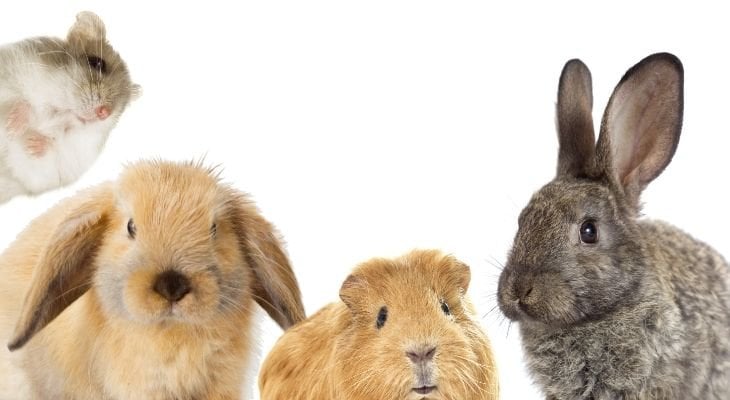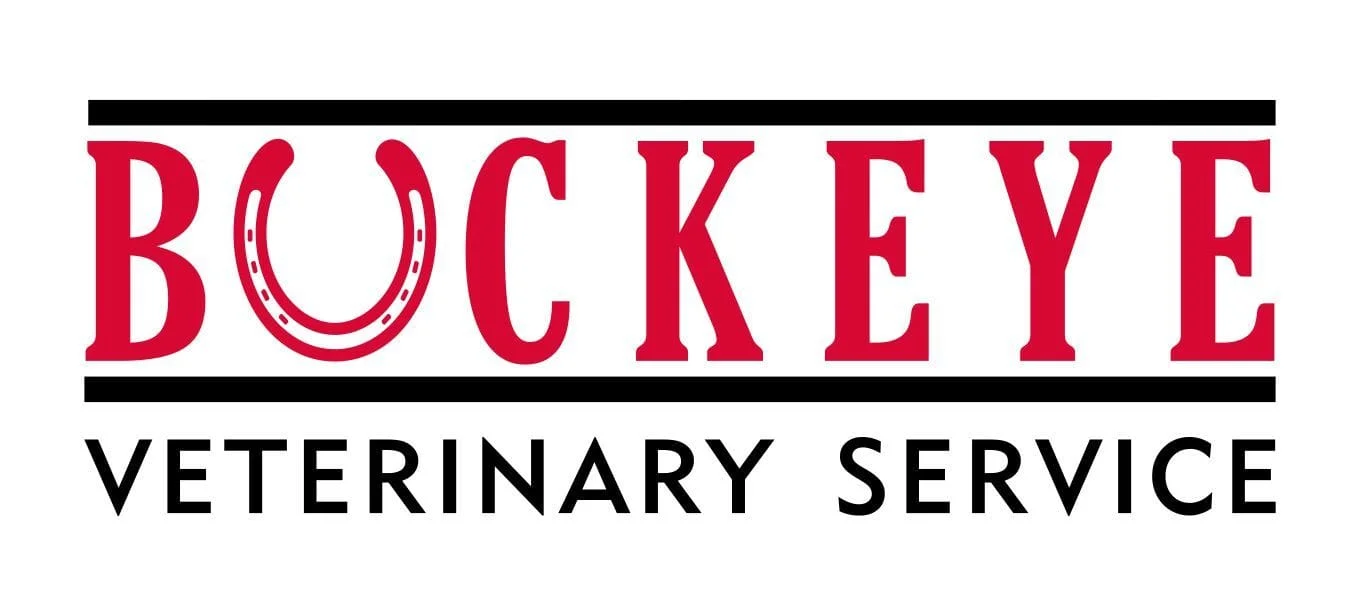Colic, in its more severe manifestations, takes more horses' lives than any other common equine ailment. If your horse has frequent bouts with this painful form of digestive upset -- or if you would like to protect him from having such problems in the future -- it's best to understand what causes colic
Read more

You’ve heard of a pocket watch, but what about a pocket pet? That’s right, a pocket pet is a small, furry little pet that can fit straight in your pocket! The pets that fall into this category are animals like rats, hamsters, hedgehogs, gerbils, and their slighter larger counterparts such as chinchillas, or guinea pigs. While these pets may not require daily walks or get excited about belly rubs, they’re still fun and unique animals.
Before you decide to go out and purchase a pocket pet, it’s important that you know what type of living arrangement it needs, what it eats, if it needs exercise, and what type of veterinary care may be necessary. Each of the tiny pets listed above should be cared for just as traditional pets. To learn more about each of these pocket pets, read the articles below.
-
Keeping Your Horse Free of Colic
Category: Newsletter Library, Equine
-
Foaling Injuries and Complications
Category: Newsletter Library, Equine
If your mare is about to give birth, chances are that the foal will emerge normally and in good health..However, just as human births can develop complications, equine births can present complications, and these complications may threaten the mother, the foal, or both. It helps to know what might happen
Read more -
Equine Laminitis
Category: Newsletter Library, Equine
Have you noticed changes in your horse's gait? Are they showing signs of fatigue or are disinterested in exercising? Equine laminitis is inflammation of the sensitive and insensitive laminae in horse's feet and generally occurs bilaterally in the front feet. This multi-faceted issue tends to run in heavier
Read more -
Understanding EHV Equine Herpesvirus
Category: Newsletter Library, Equine
Equine Herpesvirus (EHV-1) is an infection in horses that can cause respiratory disease, abortion in mares, neonatal foal death, and/or neurologic disease. When this infection spreads neurologically, it is referred to as Equine Herpesvirus Myeloencephalopathy (EHM). This virus is spread through the air,
Read more -
Preventing Snakebites
Category: Newsletter Library, Equine
Snakebites are not limited to humans, nor is it limited to any specific region of the world. Taking precautions to minimize the occurrence is first and foremost, but knowing what signs to recognize can keep your horse from developing serious or fatal health concerns from snakebite. Possible Signs of
Read more -
No Sweat: It's a Problem
Category: Newsletter Library, Equine
Horses, like humans, sweat to cool themselves in warm weather and during periods of exertion. In hot climates, especially humid ones, failure to sweat often means that they are prone to over-heating and cannot be worked. This condition is called anhidrosis. It is unknown what causes anhidrosis and treatment
Read more
Locations
Office Hours
24 Hour Emergency Care - 365 Days a Year
8:00 am - 4:30 pm
8:00 am - 4:30 pm
8:00 am - 4:30 pm
8:00 am - 4:30 pm
8:00 am - 4:30 pm
Emergencies Only
Emergencies Only

